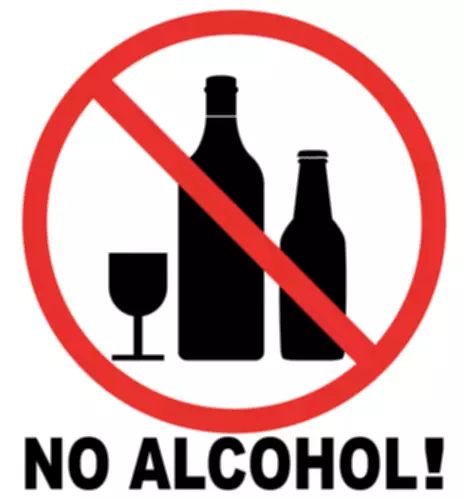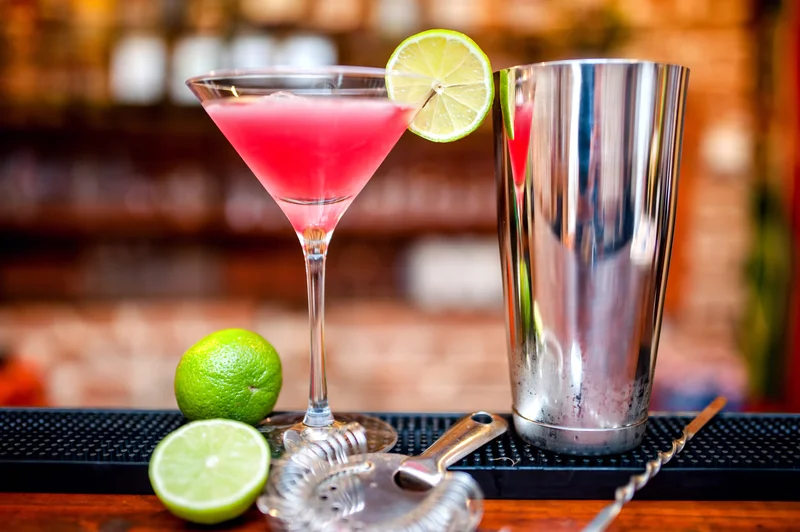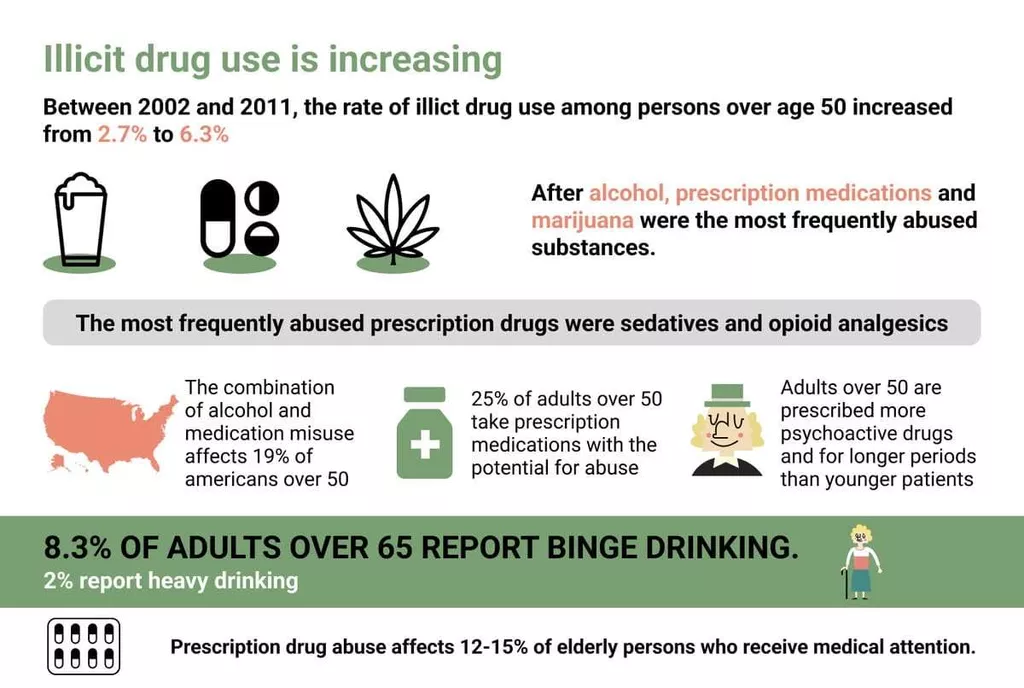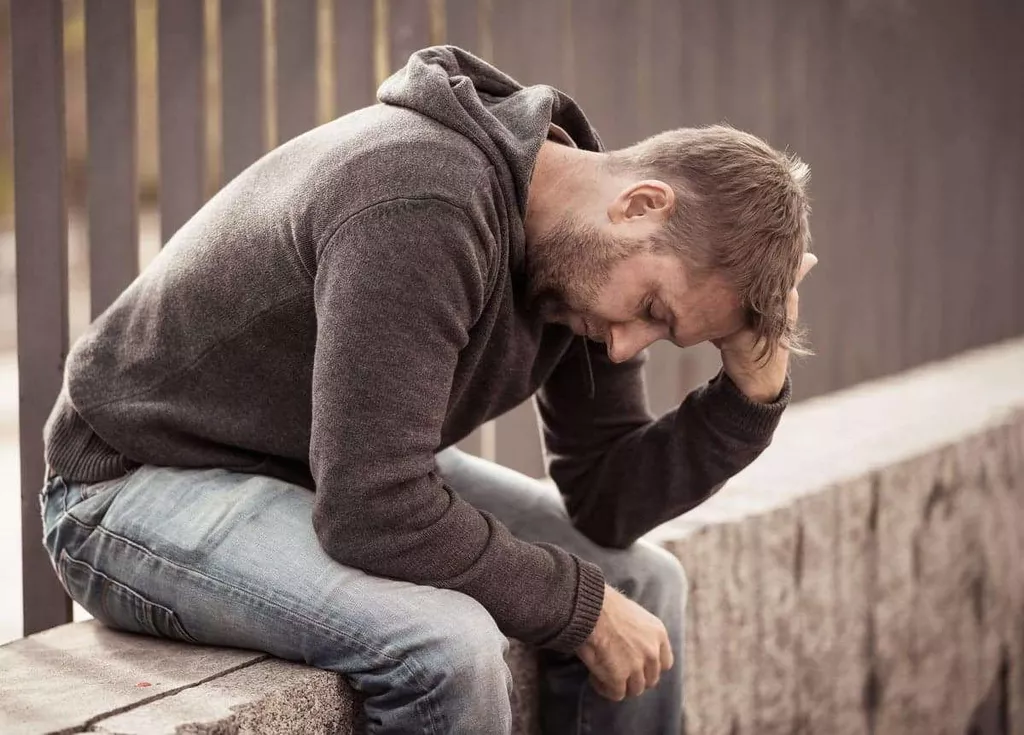
Alcohol cues the kidneys to produce extra urine, which results in dehydration. Sweat like crazy during a set of intervals and you’ll compound that dehydration problem and may even worsen your hangover symptoms. A truly delightful concoction, and one of the reasons more people than ever are choosing to drink less. Drinking can also affect your mood if you already have a mental health condition or use alcohol as a coping mechanism for your mental health.

Anxiety and Depression
Both systolic and diastolic blood pressure were significantly related to both alcohol intake and exercise tolerance levels in both men and women. These relations, which were positive for alcohol and negative for exercise tolerance, remained after covariance adjustment for age, body mass index, and cigarette smoking. The duration of hangover shakes varies depending on individual factors and the amount of alcohol consumed. Generally, these shakes tend to subside within a day or two as the body processes and eliminates alcohol. Keep in mind that a workout won’t help the body metabolize alcohol any faster.
Risks of Heavy Drinking
- Drinking alcohol can cause your immune system to release cytokines in the same way, causing exhaustion, achy muscles, nausea, and headaches.
- Over time, your ethanol levels drop through this natural metabolic process.
- The more you drink, the longer it will take your body to fully metabolize all of the alcohol you consumed.
However, it’s important to note that not everyone who experiences alcohol withdrawal will have shakes or tremors, and the severity can vary 2. A doctor will be able to determine whether or not you’re experiencing alcohol withdrawal symptoms. If your night sweats are accompanied by a fever, they Sober living house should be investigated and treated right away. Some people experience night sweats within a few hours, while others may not experience night sweats until after a few weeks.
Guys who are 30+, how do you deal with hangovers?

For some people, getting in a workout after a night of too much drinking has a valuable psychological effect on well-being that shouldn’t be overlooked. By stacking these two stressors on top of one another, exercising when hungover can compound the increase in cortisol and the resultant stress you are putting your body through. You might feel temporarily or somewhat better after working out when hungover, but this is not due to processing the alcohol or curing the hangover by moving your body. So, alternate between alcohol and a glass of water to keep yourself well-hydrated. And before you lace up, drink a little more water and perhaps even some sports drink to help you stock up on electrolytes. Most people are highly unproductive when hungover, which is fine when all you’ve got to do is lie in bed and binge some undemanding telly.

You Could Feel Drowsy

Just make sure that you are properly hydrated and your stomach has settled down. The short answer is “no.” Humans have been searching for hangover cures since time immemorial. The idea that sweating out a hangover provides relief is up there with “hair of the dog,” or having an alcoholic beverage in the morning.
Is it bad to sweat after drinking alcohol?
A hangover is the pitiable result of the body not having time to metabolize all of the alcohol quickly enough. Long gone is the pleasant buzz of drunkenness and all that’s left is the bitter poison. And since more than 90 percent of alcohol is processed in the liver, the tiny bit that leaves the body through sweat, even lots of sweat, wouldn’t significantly reduce overall acetaldehyde levels. Alcohol affects every system in your body, including the central nervous system. So, when you drink alcohol in any amount, you may experience side effects why do you sweat when hungover such as hangover hot flashes. While some side effects are common, you may want to talk to your doctor if they become severe or happen frequently.
Does losing weight make hangovers worse?
Recent research has found that drinking too much can trigger your immune system to release chemicals called cytokines. Increased levels of cytokines have been found to affect memory and concentration, as well as causing symptoms of nausea, headache, chills and tiredness. Not to be too obvious, but if you don’t want these side effects of drinking, you’re best off limiting the amount you drink. A night out can cause all sorts of wild things to happen — besides just drunk texting your ex.
If excessive drinking and hangover symptoms are interfering with your life, talk to your healthcare provider. “A night of heavy drinking can leave us quite dehydrated,” Dr. Richardson says. And when you’re running dry, your body has a hard time regulating temperature, which can lead to increased sweating. If you’re feeling yourself perspire much more after a night on the town, you can blame it on the alcohol. ‘Water is your best friend to help energize you and get rid of your headache,” Richardson says.
Does working out affect alcohol tolerance?
Ever wake up after a night out with a pounding headache, a queasy stomach, and an overwhelming desire to rewind time? Hangovers can be the unwelcome aftermath of a great night out, leaving you grappling with the consequences of a bit too much fun. Luckily, there’s a better way to get back to feeling 100% without crawling back into bed. Experiment with different temperatures and intervals between hot and cold sauna sessions.
